President Trump signs decree after shocking tariff announcement - Photo: AFP
On April 2 (US time), US President Donald Trump officially announced a new tax policy, threatening to affect all trade partners and imports into the US.
"We are protecting American workers and finally putting America first," Mr. Trump declared at a ceremony in the Rose Garden before signing the tariff order.
According to USA Today , this economic strategy of Mr. Trump will be a risky move as it could escalate the global trade war.
Here are the five most important takeaways from President Trump's new tax policy, which goes into effect next week.
10% tax for all countries
Accordingly, with the new tax rate that Mr. Trump just announced, all goods imported into the US will be subject to an additional 10% tax - marking a major change in Washington's trade policy.
Faced with a high US trade deficit - with imports exceeding exports by $1.2 trillion in 2024 - Mr. Trump declared it a "national emergency", using the International Emergency Economic Powers Act of 1977 to enact the tariffs.
Mr. Trump announced tax policies with dozens of countries, Vietnam is subject to a 46% reciprocal tax rate
"We import almost all of our computers, phones, televisions, and electronics. The United States used to be the dominant nation in this field, and now we import everything from other countries," Mr. Trump said, referring to the fact that just one Chinese shipyard can produce more ships than all of the US shipyards combined.
“The persistent trade deficit is not just an economic problem, it is an emergency that threatens our security and our way of life,” President Trump declared.
Mr. Trump announced reciprocal tax rates with many countries around the world - Photo: REUTERS
Reciprocal taxes target about 60 countries
President Trump imposed additional reciprocal tariffs on about 60 countries that have the largest trade deficits with the United States and place the most barriers to its exports.
A White House official called these countries “the most egregious violators.” The reciprocal tariffs are set at about half the rate these countries currently charge on exports from the United States.
Southeast Asian countries are the most taxed, with tax rates of 49% for Cambodia, 48% for Laos and 46% for Vietnam respectively.
In addition, major US trading partners are also not outside this "death list", including: China 34% (plus the previous 20% tax, bringing the total tax rate to 54%); European Union 20%; India 26%...
The basic tax rate of 10% will take effect from April 5, while the reciprocal tax will start from April 9.
Mexico, Canada exempt from new tariffs
Mexico and Canada will be exempt from the new tariffs, but will still be subject to the 25% tariff that President Trump previously imposed.
Specifically, this 25% tax was applied last month, in response to the flow of fentanyl from both countries and the migration situation from Mexico. However, Mr. Trump later agreed to exempt items included in the USMCA trade agreement between the three countries.
According to the White House, USMCA-compliant goods will still enjoy a 0% tariff, while non-compliant goods will be subject to a 25% tariff. Non-compliant energy products and potash (a key ingredient in fertilizer production) will be subject to a lower tariff of 10%.
Canada and Mexico will not be subject to new reciprocal tariffs from the US - Photo: REUTERS
Economists fear recession
Many economists have expressed concern about the scale of these new tariffs, saying they are much larger than expected and could trigger an economic recession.
“These tariffs are really high, and if fully implemented, I think they would push the economy into recession,” said Mark Zandi, chief economist at Moody’s.
Since returning to the White House, President Trump has taken an erratic approach to tariffs, repeatedly threatening to impose them and then withdrawing them after gaining concessions from countries.
The president's tax order also includes "adjustment" powers, allowing him to increase or decrease the tax rate depending on the situation.
"If we impose tariffs at that level, I don't know if the economy can handle it. I think it's a recipe for recession. It's much higher than I ever anticipated," Zandi warned.
US trading partners may retaliate
Mr Trump's new round of tariffs is expected to trigger retaliatory measures from major US trading partners, escalating global trade tensions.
Before the US president announced his decision, European Commission President Ursula von der Leyen signaled that Europe would respond strongly.
"Europe has many advantages, from trade, technology to market size. But this strength also comes from the readiness to take strong countermeasures if necessary. All tools are being considered," Ms. Ursula von der Leyen declared before the European Parliament.
In response to this move, US Treasury Secretary Scott Bessent warned other countries not to retaliate, otherwise the US would respond more strongly.
"My advice to every country right now is: Don't retaliate. Let's see what happens. Because if countries retaliate, it will escalate. If they don't retaliate, this could be the highest tariff the United States has ever imposed," Bessent told Fox News after President Trump's tariff announcement.
Tuoitre.vn
Source: https://tuoitre.vn/5-diem-quan-trong-nhat-tu-chinh-sach-thue-doi-ung-cua-ong-trump-20250403095200008.htm


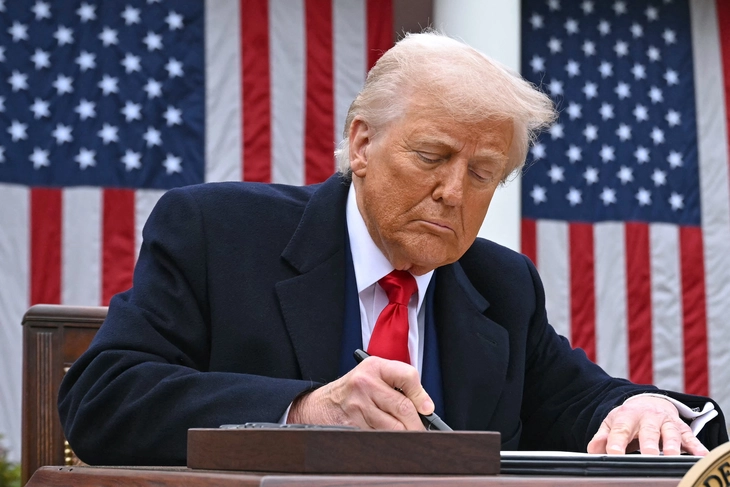
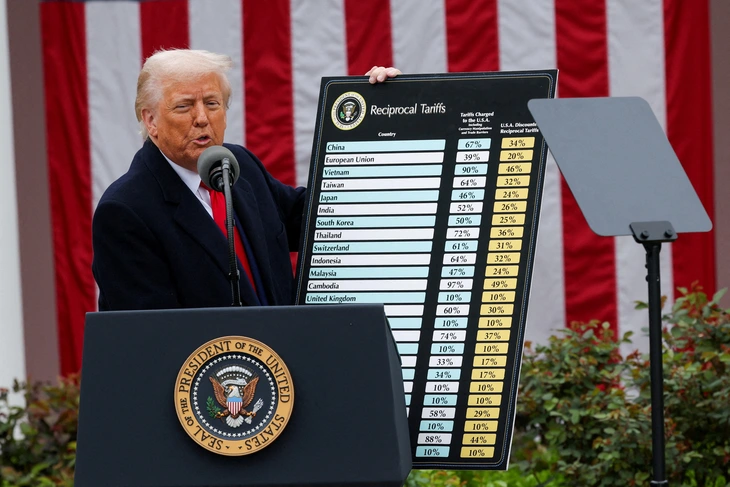

![[Photo] The parade took to the streets, walking among the arms of tens of thousands of people.](https://vphoto.vietnam.vn/thumb/1200x675/vietnam/resource/IMAGE/2025/4/30/180ec64521094c87bdb5a983ff1a30a4)
![[Photo] Chinese, Lao, and Cambodian troops participate in the parade to celebrate the 50th anniversary of the Liberation of the South and National Reunification Day](https://vphoto.vietnam.vn/thumb/1200x675/vietnam/resource/IMAGE/2025/4/30/30d2204b414549cfb5dc784544a72dee)

![[Photo] Cultural, sports and media bloc at the 50th Anniversary of Southern Liberation and National Reunification Day](https://vphoto.vietnam.vn/thumb/1200x675/vietnam/resource/IMAGE/2025/4/30/8a22f876e8d24890be2ae3d88c9b201c)







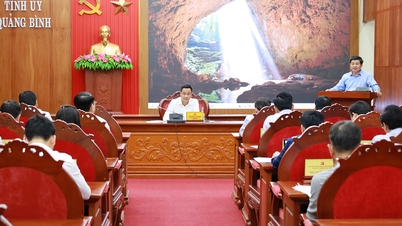


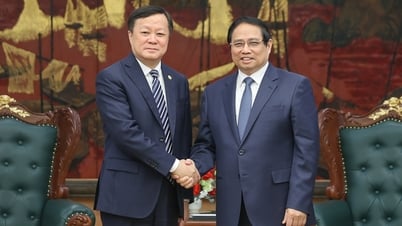



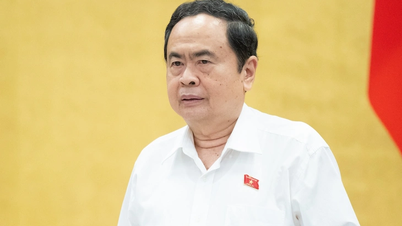








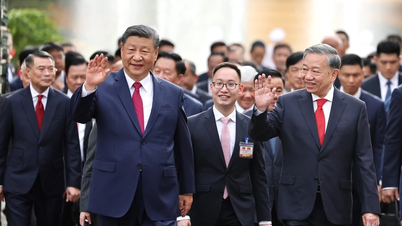

![[Photo] Performance of the Air Force Squadron at the 50th Anniversary of the Liberation of the South and National Reunification Day](https://vphoto.vietnam.vn/thumb/1200x675/vietnam/resource/IMAGE/2025/4/30/cb781ed625fc4774bb82982d31bead1e)















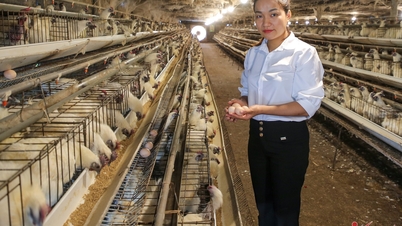




































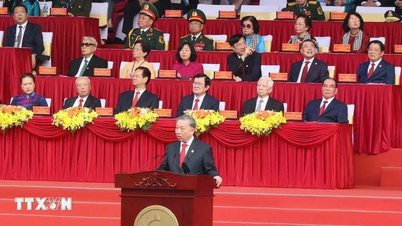

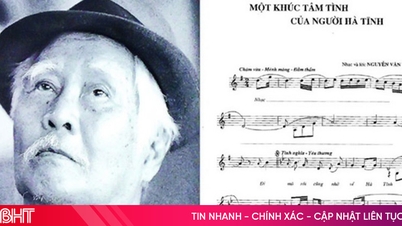














Comment (0)